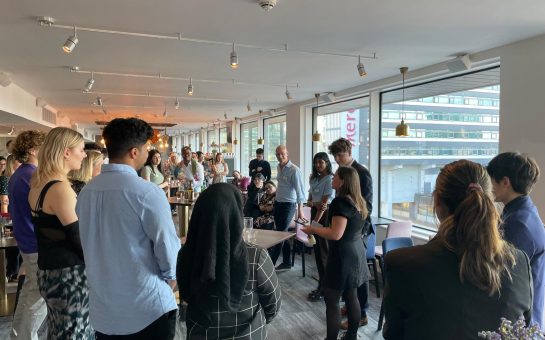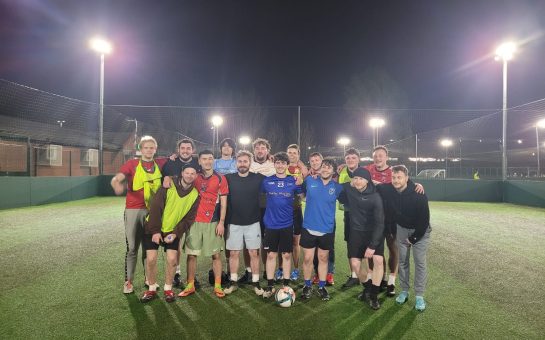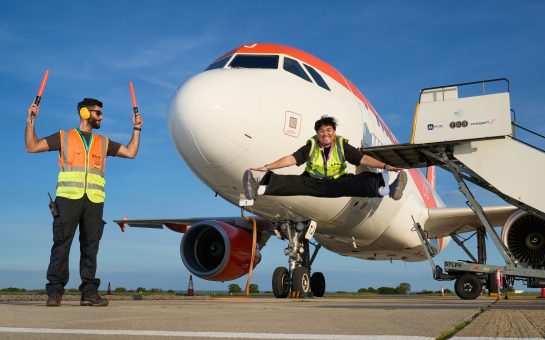A manager of a leading charity for the elderly fears that thousands of pensioners over the age of 75 will risk prosecution by watching television without a TV licence fee after a proposal from the BBC to introduce means tests to qualify for the free provision.
At present, all those over the age of 75 receive a free TV licence. However, the BBC proposal that was proposed in June 2019 would restrict this for pensioners over the age of 75 and become means tested.
The initial initiative was implemented by the government and the fees would be paid for using general taxation from the public. However, in 2015, instead of scrapping the initiative, the government handed the burden over to the BBC who were made to cover the costs.
Under the new initiative, to be implemented in June 2020, only those over 75 who receive a benefit called Pension Credit will receive a free TV licence.
However, 2/5 of those entitled to this benefit are not claiming it meaning that the government gets £3.5billion a year from these unclaimed benefits. This means that they will have to pay the annual price of £154.50 fee every year if they want to watch television
However, even with this money that has not been collected and could be used to fund a license for every over 75-year-old more than four times over, more than 3.7million pensioners aged over 75 will lose that entitlement.
Even before the BBC announced this, a petition was created by Age UK on the issue which demanded that the Government takes back responsibility and ensure that they keep TV free for the oldest people in society. With over half a million signatures already, it is evidence that the public also has extremely strong feelings about this topic.
Terri Torevell, the Business Development Manager of Age UK Manchester, explains the added stress on elderly people financially, especially those in Manchester, and the sacrifices they would have to make.
“Older people are already making difficult decisions on how to spend their money and how best to utilise the funds they have and making tough decisions in the winter on whether to eat or turn the heating on.
“To add another layer of what will be an expensive bill, how many of them will decide I will not renew my license and either continue to watch and risk prosecution or just stop watching altogether.”
Alongside their Age UK National partners, Ms Torevell does not blame the BBC and believes that it lies with the government who gave this responsibility back to the broadcasting service without any funding to balance their budgets.
She also fears that the issue of free TV licenses links to a number of important issues looking at the wellbeing of the elderly in our country and the topic of loneliness.
Although our world is becoming more connected through the internet and smart devices, this is not always the case for some of the eldest in society.
There are many elderly people across the country who may be living on their own and, as well as not having access to the internet, may not be able to go out very often to pick up a newspaper. The television is often their only source of information and connection to the world.
Ms Torevell said: “By not being able to get out, that person is already isolated and feels lonely. They will feel even more disconnected from the world if they can’t get the information that they used to be able to.”
According to a study done by Age UK, 2/5 of all pensioners surveyed say that the TV is their main source of company and in particular for those living on their own.
Age UK has not only been a pioneer for the TV license debate but also in tackling the problem of loneliness amongst the elderly in general.
Age UK Manchester is an independent charity partnered with Age UK National and provide services for older people in Manchester and respond to the needs of the local people.
These services include providing volunteer opportunities for those who have recently retired and are struggling to fill their time or activities such as walking clubs and Tai Chi for those wanting to meet other people. The charity also has a thriving LGBTQ+ group which has become a lifeline for many people in the community.
Ms Torevell stresses the importance of charities such as Age UK Manchester and the activities and services they provide for the elderly concerning a variety of issues from loneliness, mobility and personal care.
“We offer a relationship for life for older people in the community,” she said.
With the number of signatures still growing for Age UK’s TV license petition and small-scale protests outside of the BBC offices in Belfast and Londonderry, it has reignited the issue surrounding the safeguarding of the elderly in our country.
It will hopefully make the government take notice in some way and come to some sort of compromise with the BBC to ensure that everyone is taken care of.



